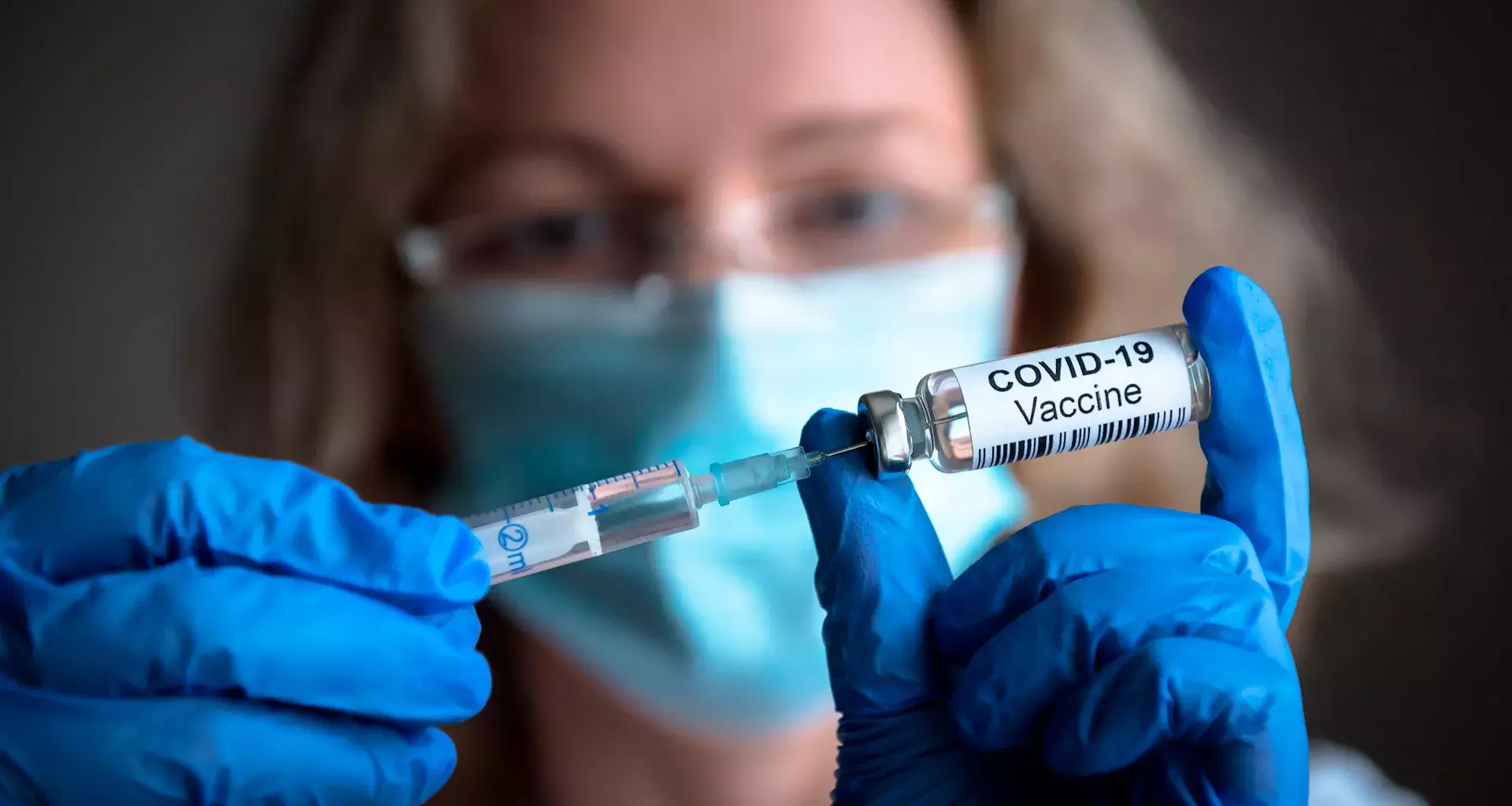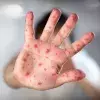If I’ve already been vaccinated with the CanSino vaccination, for example, can I be vaccinated with a different one? Are antigen tests useful for finding out if I’m really protected against the disease?
Dr. Reynaldo Lara, infectious disease specialist and member of TecSalud’s COVID-19 Team at San José Hospital, talked to CONECTA about whether it’s a good idea to combine vaccines.
Out of the 7 vaccines approved in Mexico for emergency use, Pfizer and AstraZeneca have published results on their effectiveness, while CanSino and Sinovac haven’t shared that information, said Lara.
“It’s true that parts of the population are worried about how effective these vaccines could really be in preventing COVID-19,” said the doctor.
CONECTA shares the specialist’s answers to questions about whether it’s a good idea or not to look for another COVID-19 vaccine, as well as their effectiveness:
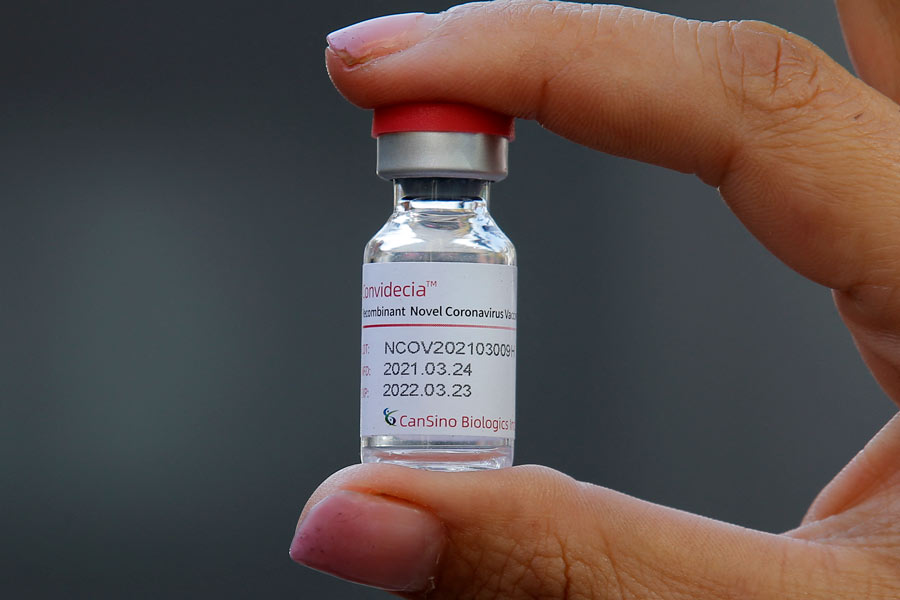
If I’ve already been vaccinated, can I get a different one?
“So far, no large-scale studies have been done to find out if it’s safe to be vaccinated with different types of vaccines or how effective they’d be when the doses are combined,” says the specialist.
He said that vaccine combination studies are currently being carried out at institutions such as the University of Oxford. However, the results are not yet conclusive.
“At the moment, there aren’t any recommendations for those who have already received a vaccine and are looking for an alternative. We have to avoid this selfishness, so that the vast majority of people can get vaccinated and we don’t take away someone else’s chance of receiving a dose,” he said.
We have to avoid this selfishness, so that the vast majority of people can get vaccinated and we don’t take away someone else’s chance of receiving a dose.”
How long should I wait before I get another type of vaccine?
“At first, we didn’t recommend people receiving a vaccine in the previous three or four weeks and the same number of weeks following, not just for COVID-19 but also for measles and rubella,” he says.
However, those who’ve been vaccinated against COVID-19 can now receive other vaccines against other diseases such as the flu, he explained. What’s more, you can now take them at the same time.
“As for a different COVID vaccine, that isn’t recommended yet. Personally, I’d say that if someone can be vaccinated again, they should let at least six weeks pass,” he said, reiterating that there’s no official scientific position on the matter.
“If they’ve already been vaccinated and have considered taking another brand or type of vaccine, so far there’s not enough information (to guarantee the effectiveness and safety),” he added.
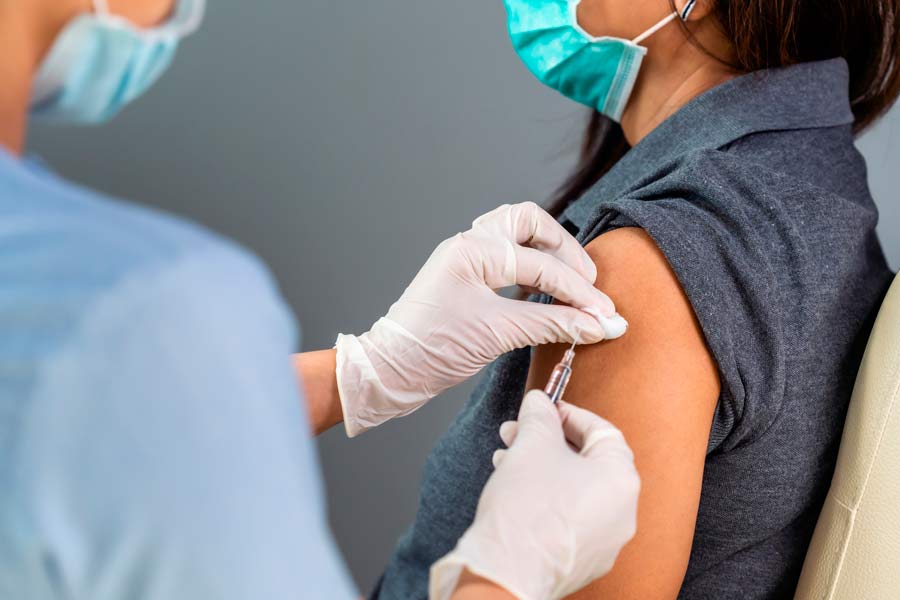
If I’ve been vaccinated and I get sick, is it because the vaccine isn’t working?
“Even if you’ve been vaccinated, you can still get the disease. Most of the vaccines -and we’re talking about the vast majority of them- have shown that even if they don’t totally prevent the disease, they do prevent severe disease and death,” said Lara.
Vaccines are a great preventive tool that could help stop the circulating virus from continuing to have variants, in addition to generating a response or herd immunity to control the virus, the doctor says.
“Even if the vaccine I’m taking isn’t the safest or as effective in protecting me from getting infected, at least it will prevent me from getting hospitalized. That’s the most important thing,” explains the doctor.
“Even if the vaccine I’m taking isn’t the safest or as effective in protecting me from getting infected, at least it will prevent me from getting hospitalized. That’s the most important thing.”
Will an antibody test tell me if I’m immune after taking the vaccine?
“Many people with vaccines -from laboratories that may not have been as open with the information as others- want to know whether or not they really have immunity,” said the doctor.
However, he says that the commercial tests available detect antibodies against elements of the whole virus (those who were infected) and not those that are only present in vaccines, such as those that attack the spike (S) protein.
“Even though they haven’t detected antibodies against the spike protein, there are memory cells that don’t produce antibodies until the virus enters your body. Just because they haven’t been detected, it doesn’t mean that the person isn’t immune.
“At the moment there’s no recommendation for vaccinated people to have an antibody test. It’s difficult to measure the antibodies that were produced by a vaccine. Just because they’re negative, it doesn’t mean that the person won’t have immunity.”
“At the moment there’s no recommendation for vaccinated people to have an antibody test.”
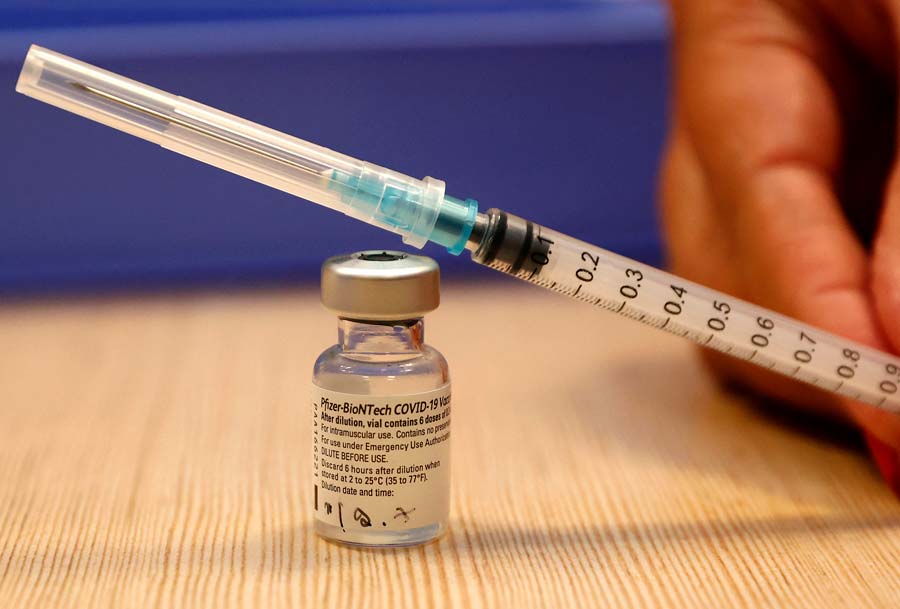
Are vaccines still effective against the virus variants?
“The variant that has become more important in recent weeks is the Delta variant because it’s had a higher transmission capacity, it’s a stronger disease, and it seems that it has a lower susceptibility to antibodies produced by vaccines,” he said.
However, he said that although cases of infection by this variant have increased in countries such as the UK in recent weeks, the statistics regarding serious disease and mortality have remained the same.
“What does this mean? That we must continue vaccinating the population. This is the tool that we have to use the most. Beyond looking for one vaccine or another, the important thing is to continue vaccinating with what we have available,” says the health expert.
“Even after being vaccinated, you can still get the disease. The vaccines have shown that even if they don’t totally prevent the disease, they do prevent severe disease and death.”
What should I do if I’ve been vaccinated and I get infected?
“The first step is not to panic because we’ve observed that people tend to panic and think the worse when they test positive,” said the specialist
He said that even for people who haven’t been vaccinated, 80% of people who get sick from COVID-19 are cured without the need for treatment, while only 20% may require medical attention.
“People have to be aware that it’s highly likely that someone who’s infected won’t have any complications.
“When people test positive, it’s important they get in touch with their regular doctor or get the appropriate medical attention to assess their temperature, oxygen levels, or breathing difficulties” he added.
“(In the case of infection) the first step is not to panic because we’ve observed that people tend to panic and think the worse when they test positive.”
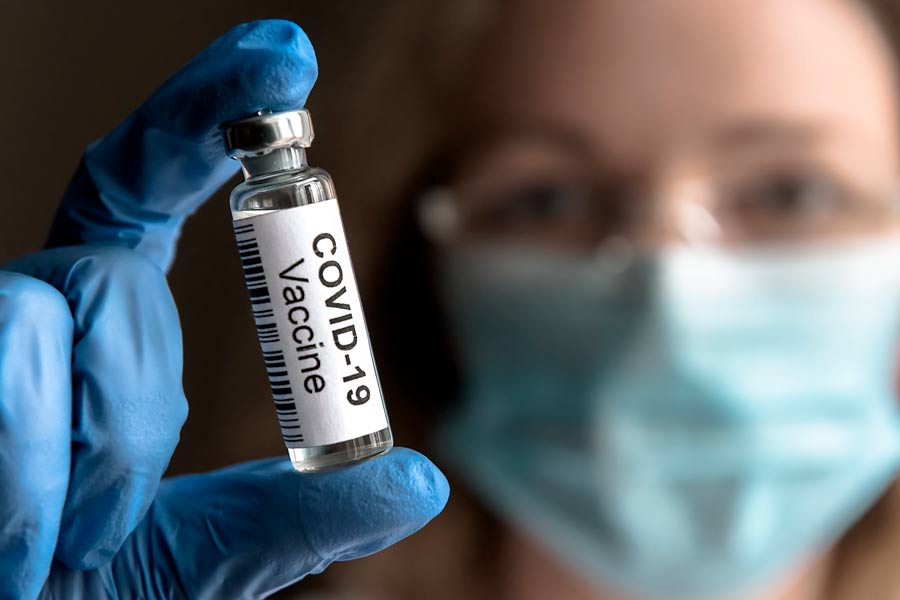
Remember the basic prevention measures
“Even if people have been vaccinated, it doesn’t mean that they are now free to travel, to be in busy places, or go back to their normal lives. You have to continue to use face masks, maintain social distancing, wash your hands, and look for outdoor activities,” he says.
Although the disease has been controlled in some regions, we shouldn’t let our guard down. We must maintain these habits that have been shown to really help in the prevention of COVID-19.
“The message that I can give you is: get vaccinated with what is available to you because it’s the best way to limit the disease and what will help us the most to try to get our lives back to normal,” he said.
“Even if people have been vaccinated, it doesn’t mean that they’re now free to travel, be in busy places, or go back to their normal lives.”
YOU SHOULD ALSO READ:

